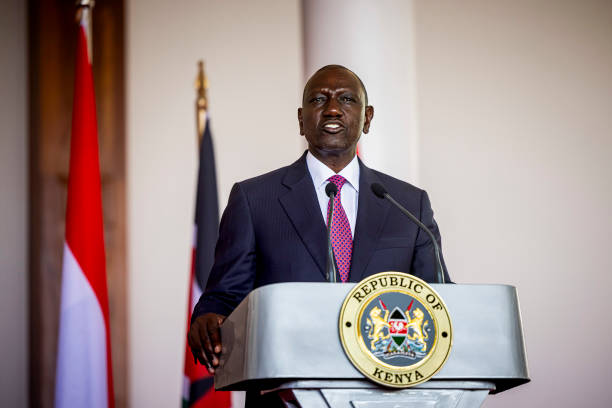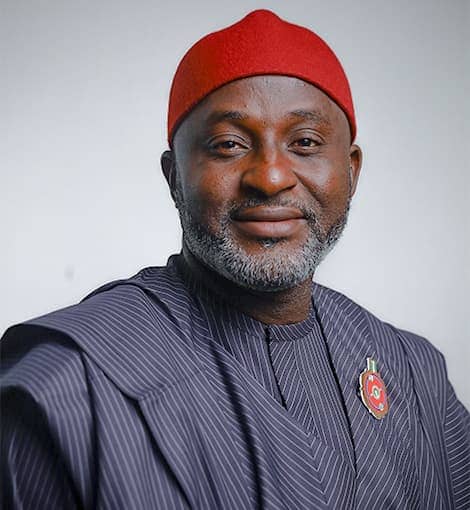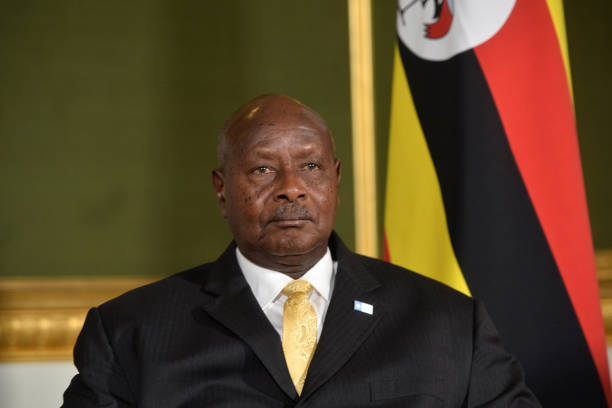In 2022, William Samoei Ruto stunned Kenya — and much of Africa — when he rose from a humble background to become the country’s fifth president. His journey from roadside chicken seller to Head of State wasn’t just a tale of personal triumph. It was a masterclass in populist politics, carefully crafted to resonate with millions of struggling Kenyans.
The Rise of the “Hustler”
Ruto’s campaign was anything but ordinary. While his rivals spoke in boardrooms and appeared in tailored suits, Ruto took to the dusty roads of rural Kenya, marketplaces in Nairobi’s slums, and boda boda (motorbike taxi) stages in small towns. He called himself the “chief hustler” — a badge of honour that connected him directly to Kenya’s informal workers, small traders, and jobless youth.
To them, Ruto wasn’t just a politician. He was one of their own.
“My story is the story of millions of Kenyans,” he would often say. “If I made it, so can you.”
That simple, relatable message became the foundation of the “Bottom-Up Economic Model” — a promise to uplift those at the very bottom of the economic pyramid.
A New Style of Politics
Ruto’s political style marks a shift in East African politics. Unlike past Kenyan leaders, many of whom came from elite political families or wealthy backgrounds, Ruto built his identity on defying the establishment.
He painted his opponent, Raila Odinga — a seasoned opposition figure backed by then-president Uhuru Kenyatta — as part of a disconnected elite. The irony? Ruto himself had been Deputy President for nearly a decade. But in the world of populist politics, perception often beats fact.
He embraced the language of the street. He spoke about “mama mboga” (vegetable vendors), youth hustling online, and mechanics working under scorching sun. He turned local slang into campaign slogans and wore t-shirts with hustler slogans, ditching the usual stiff suits for a more relatable look.
In doing so, he redefined what power looks like — and who deserves it.
Not Just a Kenyan Story
Ruto’s victory sent ripples across East Africa. His campaign style, especially its focus on ordinary people, has inspired political movements in Uganda, Tanzania, and even further afield.
In a region where many youth feel ignored by ageing leaders and bloated governments, the “hustler” message is magnetic. It suggests that the political door is no longer reserved for the wealthy or well-connected.
But it’s not without concern.
Populism’s Double-Edged Sword
Populist politics thrives on promises and powerful rhetoric. But translating that into effective policy is another matter. Since taking office, Ruto has faced protests over rising taxes and tough economic times. Many of his supporters now wonder when the “hustler nation” will truly rise.
Critics say populism can be dangerous when it turns into empty slogans or divisive politics. Ruto’s sharp campaign speeches — at times pitting “the hustlers” against “the dynasties” — risk deepening class and ethnic tensions.
Still, his ability to connect with ordinary people remains unmatched in Kenya’s recent political history.
What Lies Ahead?
William Ruto’s story is far from over. If his government delivers on economic growth and job creation, it could cement the hustler model as a new way to win and wield power in East Africa. If it fails, it could also mark the limits of populism in a region desperate for real solutions.
Either way, Ruto has already changed the game.
He proved that in modern African politics, the street can be just as powerful as the state — and sometimes, it can even take you all the way to the top.





